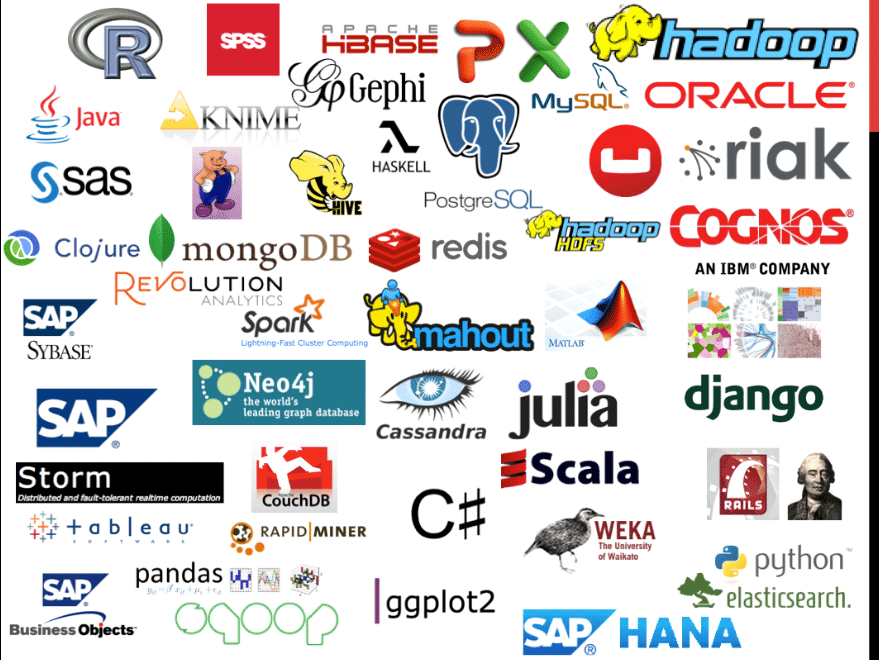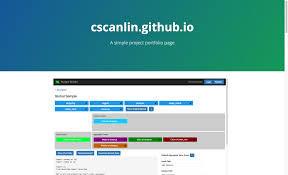Data science is a booming industry, with potentially millions of job openings by 2020, according to the latest analyst’s business predictions. But what if you want to learn data science without the heavy cost of a postgraduate degree or the US university MOOC specialization? What is the best way to prepare for this upcoming wave of opportunity and maximize your chances fora 100K+ USD (annual) job? Well – there are many challenges that stand before you in such a case. Not only is the market saturated with an abundance of existing fresh talent, but most of the training you receive in college has no relationship to the actual type of work you get on the job. With so many engineering graduates passing out every year from so many established institutions such as the IITs, how can you hope to realistically compete? Well – there is one possibility you can choose if you wish to stand out from the rest of the competition – high-quality data science programs or courses. And in this article, we are going to list the top ten advantages of choosing such a course compared to other options, like a Ph.D., or an online MOOC Specialization from a US university (which are very tempting options, especially if you have the money for them).
1. Stick to Essentials, Cut the Fluff.
Now if you are a professional data scientist, no one expects you to derive any AI algorithms from first principles. You also don’t need to extensively dig into the (relatively) trivial history behind each algorithm, nor learn SVD (Singular Value Decomposition) or Gaussian Elimination on a real matrix without a computer to assist you.There is so much material that an academic degree covers that is never used on the job! Yes, you need to have an intuitive idea about the algorithms. But unless you’re going in for ML research, there’s not much use of knowing, say, Jacobians or Hessians in depth. Professional data scientists work in very different domains while compared to academic researchers or academic counterparts. Learn what you need on the job. If you try to cover everything mentioned in class, you’ve already lost the race. Focus on learning bare essentials thoroughly. You always have Google and StackOverflow to assist you as long as you’re not writing an exam!
2. Learning from Instructors with Work Experience, not PhD scientists!
Now from whom should you receive training? From PhD academics who’ve never worked on a real professional project but have published extensively, or instructors with real-life professional project experience? Very often, the teachers and instructors in colleges and universities belong to the former category, and you are remarkably fortunate if you have an instructor who has that invaluable component called industry experience. The latter category are rare and difficult to find, and you are lucky – even remarkably so – if you are studying under them. They will be able to teach you with context to the job experience in real-life, which is always exactly what you need the most.
3. Working with the Latest Technology Stacks.

Now, who would be better able to land you a job – teachers who teach what they studied ten years ago, or professionals who work with the latest tools available in the industry? It’s undoubtedly true that the people with industry experience can help you to choose what technologies you should learn and master. Academics, in comparison, could even be working with technology stacks over ten years old! Please try to stick with instructors who have work experience.
4. Individual Attention.
In a college or a MOOC with thousands of students, it’s simply not possible for each student to get individual attention. However, in data science programs, it is true that every student will receive individual attention tailored to their needs, which is exactly what you need. Every student is different and will have their own understanding of the projects available. This customized attention that is available when batch sizes are less than 30-odd is the greatest advantage such students have over college and MOOC students.
5. GitHub Project Portfolio Guidance.

Every college lecturer will advise you to develop a GitHub project portfolio, but they cannot give your individual profile genuine attention. The reason for that is that they have too many students and requirements upon their time to be able to spend time with individual project portfolios and actually mentor you in designing and establishing your own project portfolio. However, data science programs are different and it is genuinely possible for the instructors to mentor you individually in designing your project portfolios. Experienced industry professionals can even help you identify ‘niches’ within your field in which you can shine and carve out a special brand for your own project specialties so that you can really distinguish yourself and be a class apart from the rest of your competition.
6. Mentoring even After Getting Placed in a Company and Working by Yourself.
Trust me, no college professor will be able or even available to help you once you get placed within the industry since your domains will be so different. However, its a very different story with industry professionals who become instructors. You can even go to them or contact them for guidance even after placement, which is, simply not something most academic professors will be able to do unless they too have industry experience, which is very rare.
7. Placement Assistance.
People who have worked in the industry will know the importance of having company referrals in the placement process. It is one thing to have a cold call with a company with no internal referrals. Having someone already established within the company you apply to can be the difference between a successful and unsuccessful recruitment process. Every industry professional will have contacts in many companies, which puts them in a unique position to aid you at the time of placement opportunities.
8. Learn Critical but Non-Technical Job Skills, such as Networking, Communication, and Teamwork

teamwork in data science
While it is important to know the basics, one reason why brilliant students do badly in the industry after they get a job isthe lack of soft skills like communication and teamwork. A job in the industry is so much more than bare skills studied in class. You need to be able to communicate effectively and to work well in teams, which can be guided by industry professionals but not by professors since they will have no experience in this area because they have never worked in the industry. Professionals will know who to guide you with regard to this aspect of your expertise, since its a case of being in that position and having learnt the necessary skills in the industry through their job experiences and work capacities.
9. Reduced Cost Requirements
It is one thing to be able to sponsor your own PhD doctoral fees. It is quite another thing to learn the very same skills for less than 1% of the cost of a PhD degree in, say, the USA. Not only is it financially less demanding, but you also don’t have to worry about being able to pay off massive student loans through industry work and fat paychecks, often at the cost of compromising your health or your family needs. Why take a Rs. 75 lakh student loan, when you can get the same outcome from a course less than 0.5% of the price? The takeaways will still be the same! In most cases, you will even receive better training through the data science program than an academic qualification because your instructors will have job experience.
10. Highly Reduced Time Requirements
A PhD degree takes, on average, 5 years. A data science program gets you job-ready in a few months time. Why don’t you decide which is better for you? This is especially true when you already have job experience in another domain or you are more than 23-25 years old, and doing a full PhD program could put you on the wrong side of 30 with almost no job experience. Please go for the data science program, since the time spent working in your 20s is critical for most companies who are hiring today since they consider you to a be a good ‘çultural fit’ for the company environment, especially when you have less than 3-4 years experience.
Summary
Thus, its easy to see that in so many ways, a data science program can be much better for you than a data science degree.So, the critical takeaway for this article is that there is no need to spend Rs. 75,000,000+ for skills which you can acquire for Rs. 35,000 max. It really is a no-brainer. These data science programs really offer true value for money. In case you’re interested, please do check out the following data science programs, each of which have every one of the advantages listed above:
Data Science Programs Offered by Dimensionless.in
-
Data Science with Python and R: https://dimensionless.in/data-science-using-r-python/
-
Big Data Analytics and NLP: https://dimensionless.in/big-data-analytics-nlp/
-
Deep Learning: https://dimensionless.in/deep-learning/
All the best and happy learning!
Please follow and like us:
![]()